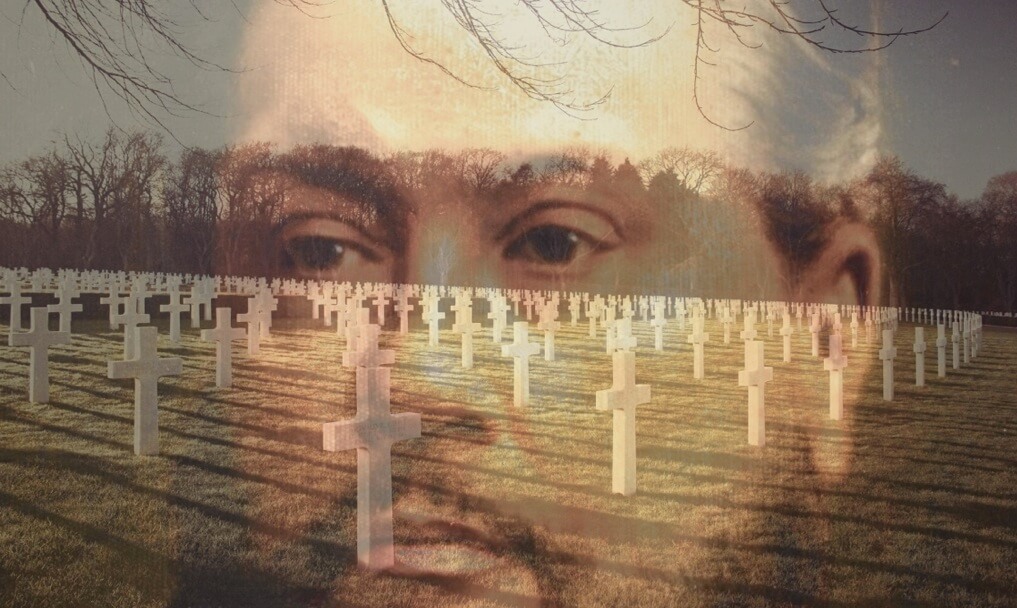Charles Spurgeon on Death and Dying

“The day of death is better than the day of birth…”
Charles Haddon Spurgeon (1834?1892) was an influential Baptist preacher in England. He was the most popular preacher of his time and is still known as ?the Prince of Preachers.?
In 1854, before he was 20 years old, he became the pastor of the New Park Street Chapel, a Baptist church in London.
Within a few weeks, many conversions resulted from Spurgeon?s preaching, and the church building could not accommodate the crowds. The congregation also outgrew several other venues until finally the Metropolitan Tabernacle, which seated 6,000, was built specifically for this purpose. Spurgeon preached there from 1861 to 1891, shortly before his death. His sermons were printed in the London papers weekly. In addition to pastoring the church, Spurgeon started a pastor?s college and an orphanage, which are both still in operation today. Spurgeon also wrote prolifically (his collected sermons fill 63 volumes, the largest set of books by one author in the history of Christianity). His books Lectures to My Students and Commenting and Commentaries were the result of his work with students and both are still on the reading lists in modern seminaries. Spurgeon also published the Sword and Trowel magazine.
Charles Spurgeon died at 11:05 p.m. on January 31, 1892, in Menton, France. With wife Susannah by his side, the 57-year-old pastor succumbed to kidney failure and fell into a coma from which he did not recover.
Thanks to the newly-invented telegraph, word of Spurgeon?s death circled the globe. More than 100,000 people attended his funeral. Every store on the route of his funeral procession closed for the day out of respect.
B. H. Carroll, founder of Southwestern Baptist Theological Seminary, said, ?If every crowned head in Europe had died that night, the event would not be so momentous as the death of this one man.?
But death didn?t catch Spurgeon off guard. He?d spent his whole life dying every day. For him, dying well required living well?living in the presence of Christ.
Here is Spurgeon on Death and Dying:
“The day of death is better than the day of birth. It is better to go to a house of mourning than to go to a house of feasting, for death is the destiny of every man; the living should take this to heart.” Ecclesiastes 7:1-2
The sight of a funeral is a very healthful thing for the soul.
It is very wise to talk about our death. The shroud, the grave, the shovel may teach us more of true wisdom than all the learned heads that ever pondered vain philosophy, or all the lips that ever uttered earth-born science!
“The heart of the wise is in the house of mourning—but the heart of fools is in the house of pleasure.” Ecclesiastes 7:4?
We are all like trees marked for the woodsman’s ax. The fall of one should remind us that for everyone, whether as great as the cedar, or as lowly as the fir tree, the appointed hour is stealing on apace.
We talk of death too lightly. It is solemn work to the best of men. I can assure you that it is no child’s play to die. May we regard death as the most weighty of all events, and be sobered by its approach.
The young may die.
The old must die.
There is no pain in death, the pain is in life.
When a man dies, there is an end of life’s pain.
Death is the pain-killer, not the pain-maker.
It is not a loss to die–it is a lasting, perpetual gain.
I never yet heard regrets from dying men that they had done too much for Christ, or lived too earnestly for him.
To be prepared to die, is to be prepared to live.
Where death leaves you, judgment will find you, and eternity will keep you!
He who does not prepare for death, is more than an ordinary fool–he is a madman!
The Lord will give dying grace in dying moments.
Let us learn to hold loosely our dearest friends. Let us love them, but let us always learn to love them as dying things.
We go through the dark valley of death–and emerge into the light of eternity.
We do not die–but only sleep to wake in eternity!
God has fixed the hour of our death.
It can neither be postponed by skill of physician, nor hastened by malice of foe.
Time, how short!
Death, how brief!
Eternity, how long!
Immortality, how endless!
There is an essential difference between the death of the godly and the death of the ungodly. Death comes to the ungodly man as a penal infliction–but to the righteous as a summons to his Father’s palace! To the sinner death is an execution–to the saint death is casting aside of his sins and infirmities. Death to the wicked is the king of terrors. Death to the saint is the end of terrors, and the commencement of eternal glory!
Oh, if we could not die, it would be indeed horrible!
Who wants to be chained to this poor life for a century or longer?
It is the very joy of this earthly life, to think that it will come to an end.
Death is the physician that eases all pain!
Death is no punishment to the believer–it is the gate of endless joy!
“For to me, to live is Christ and to die is gain. I desire to depart and be with Christ, which is better by far!” Philippians 1:21, 23